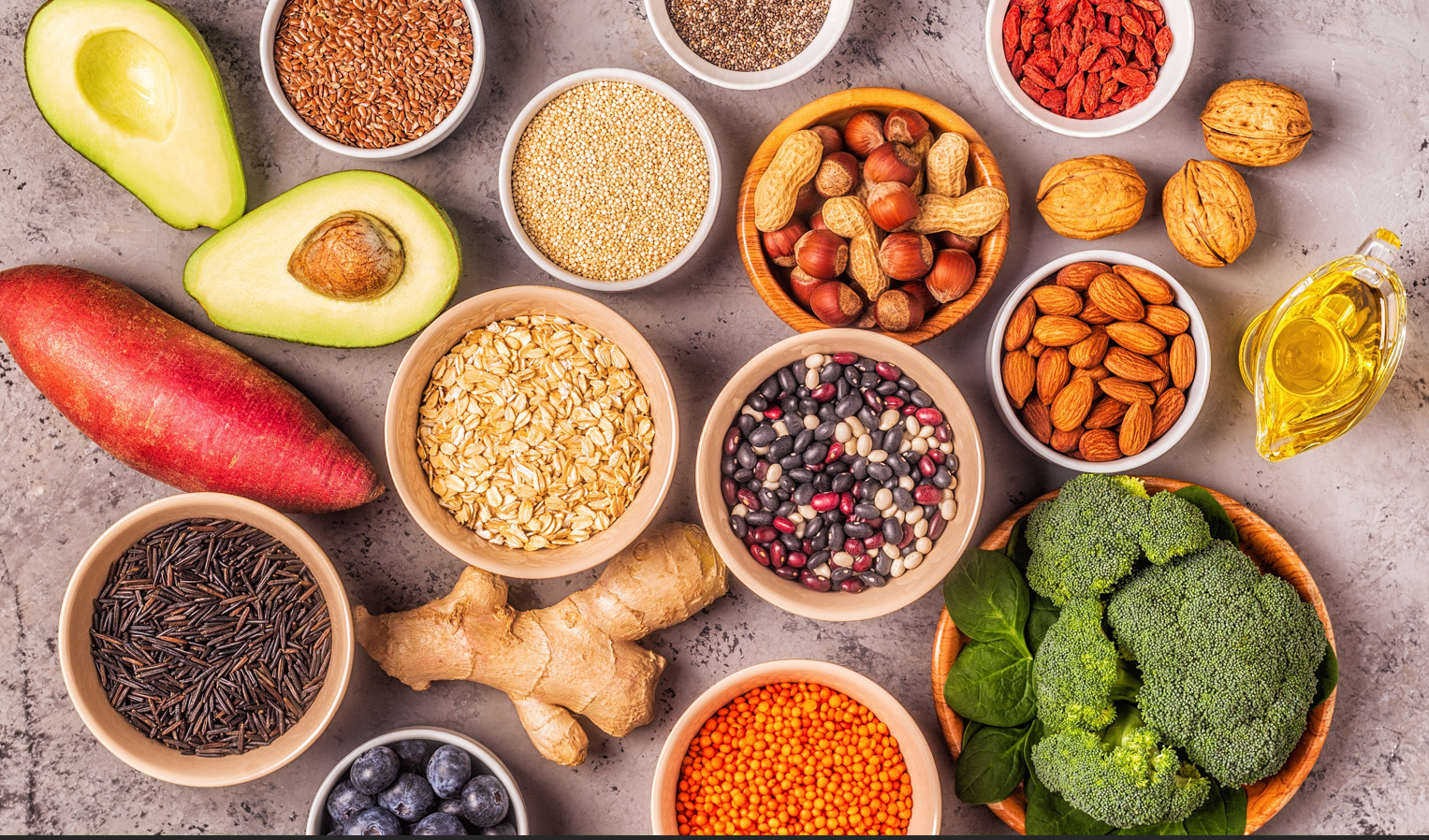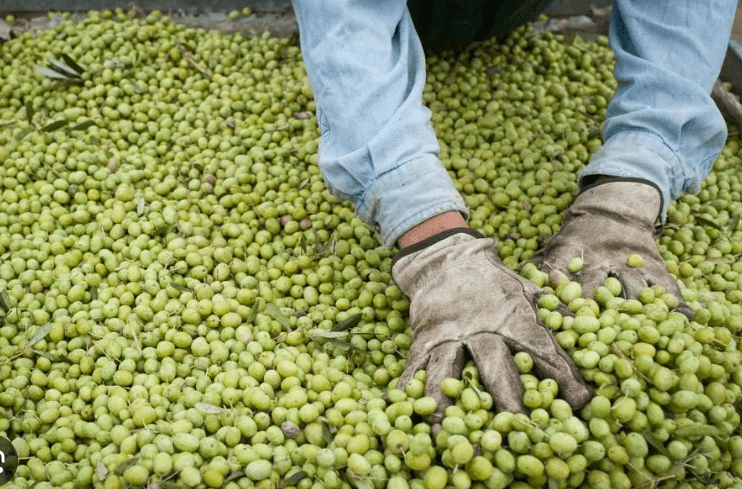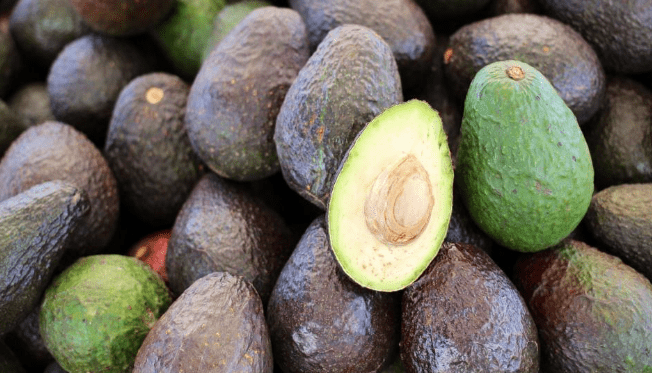
RESPONSIBLE INVESTMENT > Ethical Consumerism: Sustainability of Popular Superfoods
As we all aim to make more sustainable choices, the environmental impact of everyday foods, including popular superfoods, is becoming an important consideration for many. Superfoods like quinoa, olive oil, and avocados are known for their health benefits, but they also carry significant environmental footprints. Here’s a quick overview of the sustainability challenges and some mindful approaches to consuming these popular items.
Quinoa: A Protein Powerhouse with a Global Impact

Quinoa, a high-protein pseudocereal, has gained popularity due to its impressive nutritional profile. Originally cultivated in South America, quinoa’s demand has led to industrial-style farming, affecting small-scale local farmers. While quinoa can be grown in various climates worldwide, it’s important to consider how and where it’s produced. As an ethical consumer, look for fair-trade quinoa from South America to support traditional farmers, and if buying locally grown, prioritize organic options. Diversifying your diet with grains like barley and millet can help reduce the environmental pressure caused by quinoa farming.
Olive Oil: A Mediterranean Staple with Rising Costs

Olive oil is a kitchen essential known for its cardiovascular health benefits. However, recent climate conditions have significantly impacted olive oil production, leading to supply shortages and higher prices. To reduce environmental harm, consider purchasing sustainably produced and organic extra virgin olive oil, which undergoes minimal processing and uses fewer chemicals. Also, opt for olive oil in glass or recyclable containers to lower your environmental footprint.
Avocados: Healthy Fats but Water Intensive

Avocados are packed with beneficial fats, but their environmental cost is high due to water-intensive farming methods. A single avocado tree requires a substantial amount of water, and because avocados are grown in limited regions, long supply chains contribute to their carbon footprint. To be a more conscious consumer, try to source avocados grown closer to home whenever possible. Also, be mindful of reducing food waste by using proper ripening techniques, ensuring your avocados are enjoyed at the perfect time.
Final Thoughts
Sustainable consumption and investing are all about balance. By choosing fair-trade, organic, and locally sourced options where possible, you can enjoy these nutritious superfoods while minimising their environmental impact. In the same way, ethical investing encourages us to support companies and industries that prioritise environmental sustainability, fair labour practices, and social responsibility. Growing awareness of these issues means we have a greater ability to influence positive change through both our daily choices and financial decisions.
The impact we have as individuals—whether through our grocery shopping habits or investment portfolios—can ripple outwards to contribute to a more sustainable and ethical world. Thoughtful adjustments can make a significant difference, both for our health and the health of the planet, and in turn, create long-term value for our financial futures.
We believe ethical investment doesn’t just make good business sense, it’s the right thing to do. We are deeply committed to integrity, equality, and sustainability in all our business practices. If you would like to discuss how to make a positive impact by aligning your investment strategies with your core values please Contact Us today.